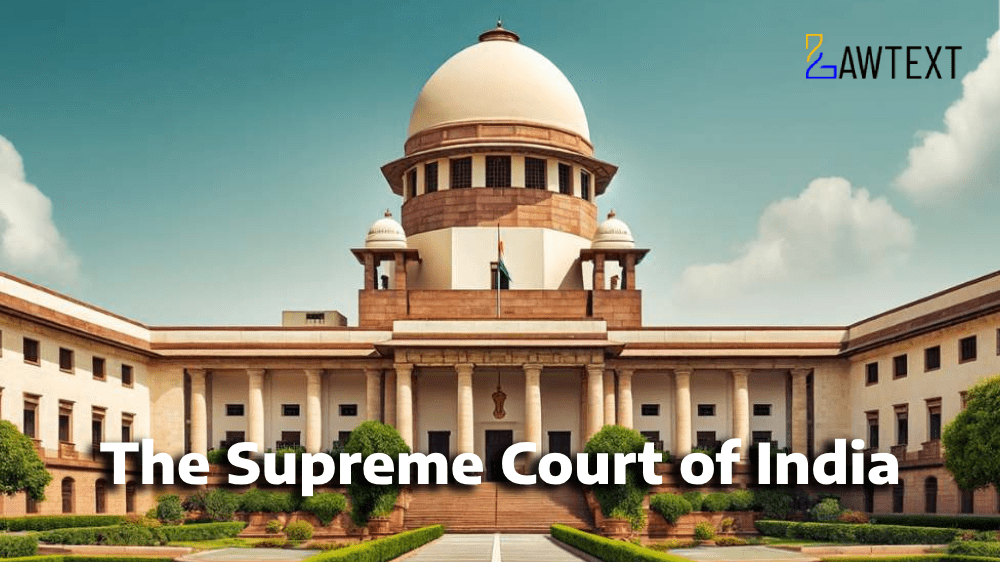

The Supreme Court of India reaffirmed the obligation to pay appropriate stamp duty on sale agreements preceding registered sale deeds. The Court ruled that sale agreements, where possession is transferred or agreed to be transferred, must be considered conveyances and are liable for stamp duty and registration as per Article 25 of the Maharashtra Stamp Act, 1958. The appellants argued that the sale agreements merged with the final sale deed, on which stamp duty had already been paid, but the Court disagreed, maintaining that the primary document is liable for duty.
The appellants challenged a Bombay High Court ruling that affirmed an order by the trial court impounding six sale agreements. The defendants had applied for the agreements to be impounded under Sections 33, 34, and 37 of the Maharashtra Stamp Act, 1958, for improper stamping and registration.
The appellants contended that the sale agreements did not require separate stamp duty as they culminated in a registered sale deed for which stamp duty was paid. They relied on Section 4 of the Maharashtra Stamp Act, arguing that the agreements merged with the sale deed, which should be treated as the principal document.
The respondents highlighted that the sale agreements explicitly mentioned the transfer of possession, thereby constituting conveyances under the Maharashtra Stamp Act. This necessitated the payment of stamp duty on these agreements, irrespective of the subsequent sale deed.
The key question was whether the appellants were liable to pay stamp duty and penalties on sale agreements executed before the registered sale deed, given the agreements transferred possession to the purchasers.
The Supreme Court referred to Section 4(1) of the Maharashtra Stamp Act and Article 25 of Schedule I, explaining that sale agreements transferring possession must be treated as conveyances for stamp duty purposes. The Court ruled that duty is charged on the instrument, not the transaction, and the appellants’ agreements were liable for stamping.
The Court examined the six impounded documents and concluded that these were distinct transactions between different parties. None of the agreements were sufficiently stamped or registered, though they transferred possession, triggering Section 53A of the Transfer of Property Act and requiring compliance with Section 17 of the Registration Act.
The Court upheld that the sale agreements, as principal instruments, were subject to stamp duty at the time of execution, even though the final sale deed was registered later.
The appeal was dismissed, with the Court emphasizing the importance of proper stamping and registration for sale agreements transferring possession.
The Court clarified that an agreement to sell, which transfers possession, is deemed a conveyance and subject to stamp duty. The stamp duty paid on the subsequent sale deed does not absolve the liability for paying stamp duty on the initial sale agreements.
Stamp duty liability for agreements preceding sale deeds under the Maharashtra Stamp Act.
Conveyance, Sale Agreement, Registration Act, Property Law, Transfer of Property Act.
Citation: 2024 LawText (SC) (9) 244
Case Number: CIVIL APPEAL NO. 10804 OF 2024 (Arising out of SLP (C) No.5843 of 2021)
Date of Decision: 2024-09-24
Case Title: SHYAMSUNDAR RADHESHYAM AGRAWAL & ANR. VERSUS PUSHPABAI NILKANTH PATIL & ORS.
Before Judge: [Pankaj Mithal J. , R.Mahadevan J.]
Appellant: SHYAMSUNDAR RADHESHYAM AGRAWAL & ANR.
Respondent: PUSHPABAI NILKANTH PATIL & ORS.